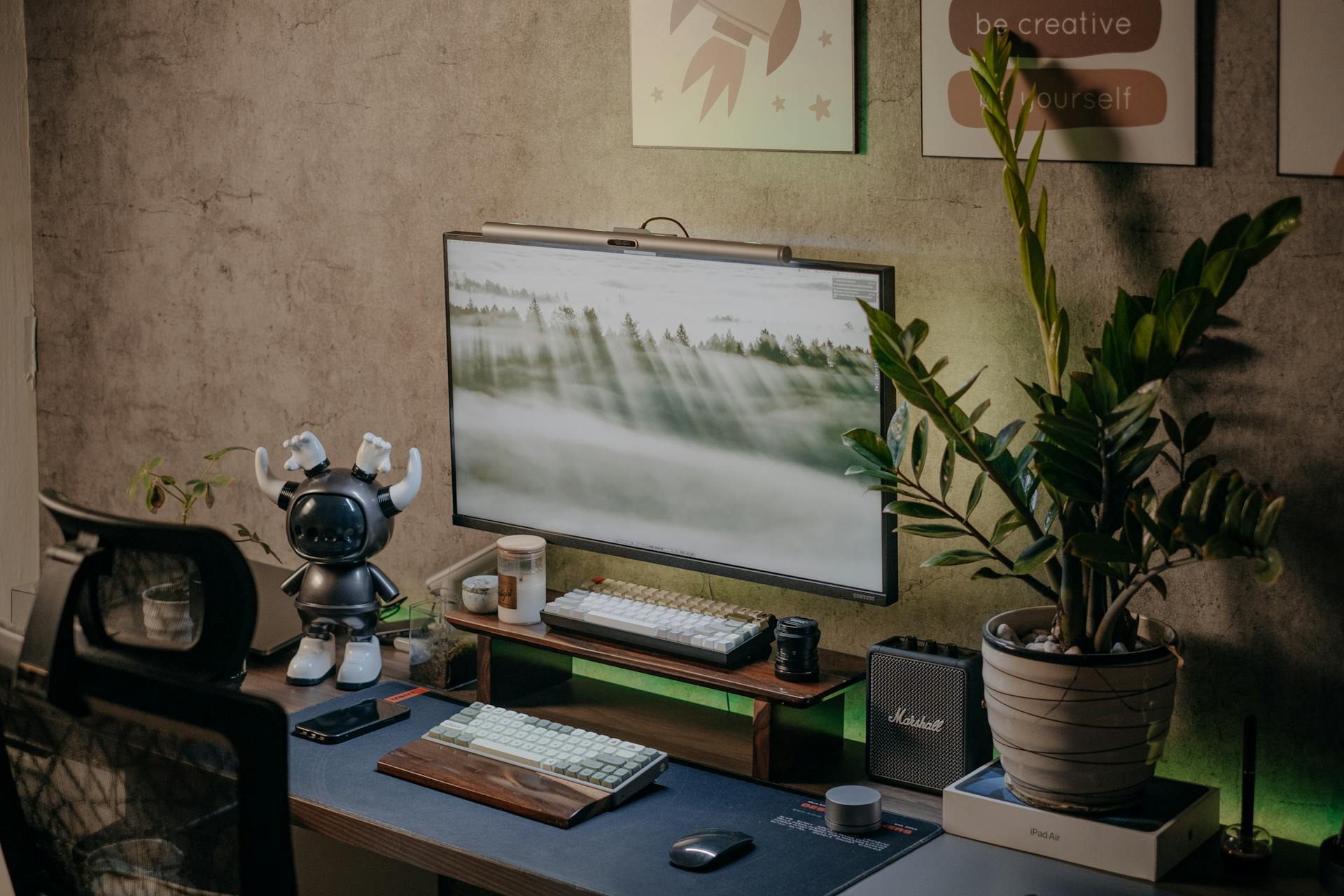
Photo by Pew Nguyen
I'm Daniel and yes, I've been working remotely for more than 5 years as an engineer. Today, I'd like to share what I've learned during this time: the specifics of remote frontend jobs, what makes a great remote colleague, and what employers truly value in frontend developers working remotely.
Specifics of Remote Jobs
Remote work comes with its unique set of opportunities and challenges, especially in the world of engineering. The biggest difference compared to office-based roles is the need for more structured self-discipline. Without the physical presence of a team or the clear division between home and office, remote frontend developers, you, must create your own routine and cultivate self-accountability.
Communication plays a massive role. Whether through Slack, video calls, or asynchronous documentation, effectively communicating your progress, blockers, and ideas is crucial. Working remotely also often requires flexibility—being able to adapt your schedule to align with the rest of your team or to jump into ad-hoc call. But you are getting it stabilized with time.
Characteristics of a Great Colleague on Remote Jobs
Based on my experience, three characteristics stand out: self-organization, proactive collaboration, and effective communication.
Self-organization is foundational. Without a manager or coworkers physically nearby to help guide you, you must manage your own time, prioritize your tasks, and meet your deadlines consistently. It means setting your own goals, making a plan to achieve them, and adjusting as new information comes in.
Proactive collaboration involves reaching out to teammates to offer help or asking for help, suggesting solutions when problems arise, and actively participating in discussions even if they're virtual. Collaboration doesn’t happen naturally when everyone is in separate locations—you have to make it happen by taking the initiative. Good collaboration also means that you care about your colleagues, so you prepare smaller PRs, you write extensive documentation where it might make sense, you are pointing your colleagues to the important informaton they need to know, etc.
Great remote colleagues don't just complete tasks quietly—they talk about what they’re working on, raise questions when they’re stuck, and share progress updates regularly. Written communication skills are especially important, as much of remote work depends on documentation and asynchronous communication. You are responsible for everyone to stay on the same page. And it depends on you how well this will be done in your team or organization.
What Employers Value in Frontend Developer Remote Jobs
What makes a remote colleague great—this is what employers are looking for when hiring: getting things done, self-organization, proactive collaboration and effective communication.
What works for me
Having worked remotely for over five years, I've come to learn a few habits that help me stay productive and happy.
First, make your home office a nice office and a nice home. Since this is where you'll be spending the bulk of your time, it should be comfortable, functional, and a place where you want to be. Invest in a good chair, monitor, laptop or computer, headphones, mic and camera, keep the space tidy, regularly clean.
Establishing a daily routine helps you to stay organized. I start my day at a consistent time, do a walk with a dog or a run, having breakfast and start my work day with reviewing slack messages. It is always like this. Everyone at the company knows when I start being online and ready to help them.
Plan your day and add all meetings or activities to your calendar. Having a visual representation of what needs to be done helps keep you focused and prepare your brain to plan tasks accordingly.
Seek out opportunities to collaborate and don't let yourself become isolated. It can be easy to get into a groove of working independently-this is dangerous. Companies work best when people collaborate, so make sure you are constantly in touch with your team or people you closely working with.
Conclusion
Remote frontend developer roles offer tremendous flexibility and the opportunity to focus on what really matters—getting things done and creating impact, keeping a great work-life balance. Succeeding in such a role is hard, but possible 🙂. By cultivating the necessary habits that keep you productive and connected, you can become a great and valuable person in the team.